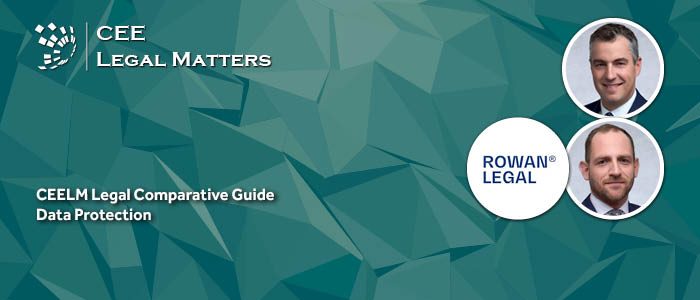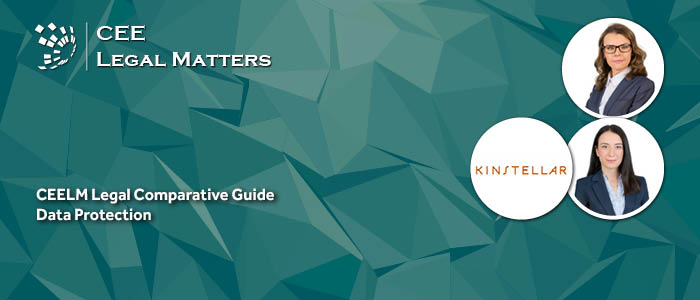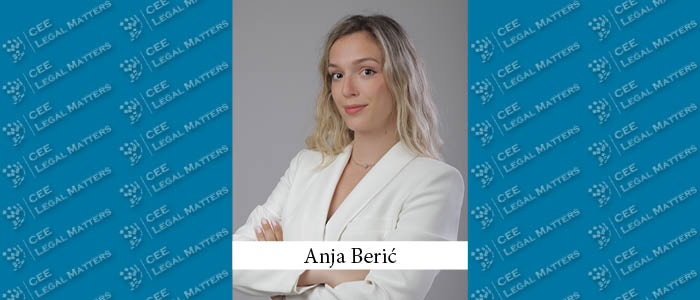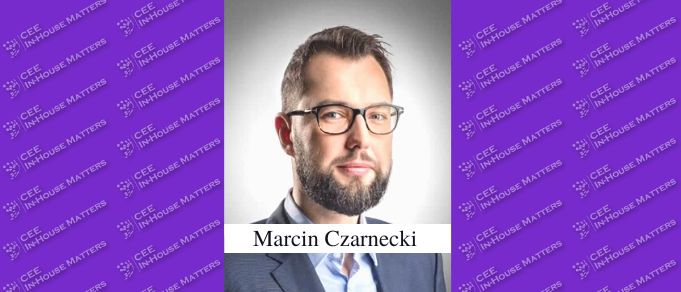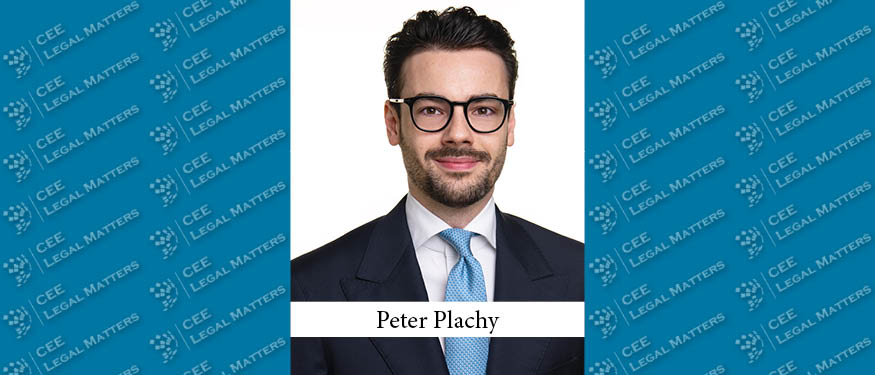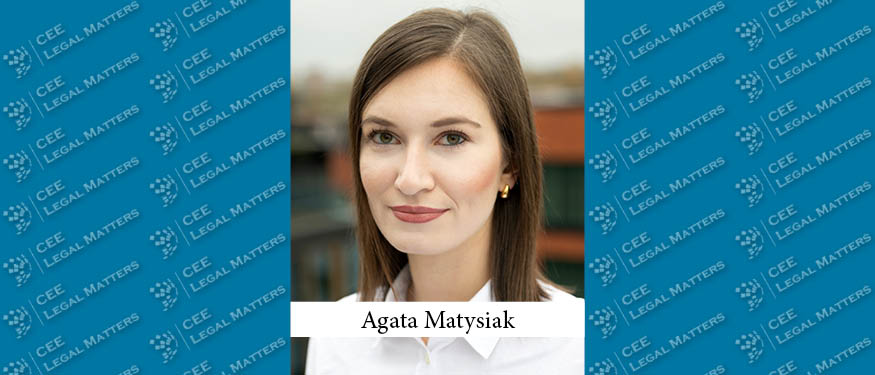Contributed by Drakopoulos.
Data Protection Laws and Regulations in the Czech Republic
Contributed by Rowan Legal.
Data Protection Laws and Regulations in Bulgaria
Contributed by Kinstellar.
Kinstellar Advises Edwards Lifesciences on Data Protection Matters
Kinstellar has advised Edwards Lifesciences on data protection legal matters via a secondment arrangement.
PAE Splits Into AECO and PKS in Turkiye
Pelister Atayilmaz Enkur Law Office in Turkiye has split into AECO Law and Pelister Keki Sarac & Co.
Privacy vs. Safety: Facial Recognition Systems
Facial recognition has recently become something mundane: for example, every day we can see smartphones that offer the option to unlock the phone using the owner’s face.
Marcin Czarnecki Joins Worldcoin as Chief Privacy Counsel
Former PayU Chief Privacy Office Marcin Czarnecki has joined Worldcoin as its new Chief Privacy Counsel.


